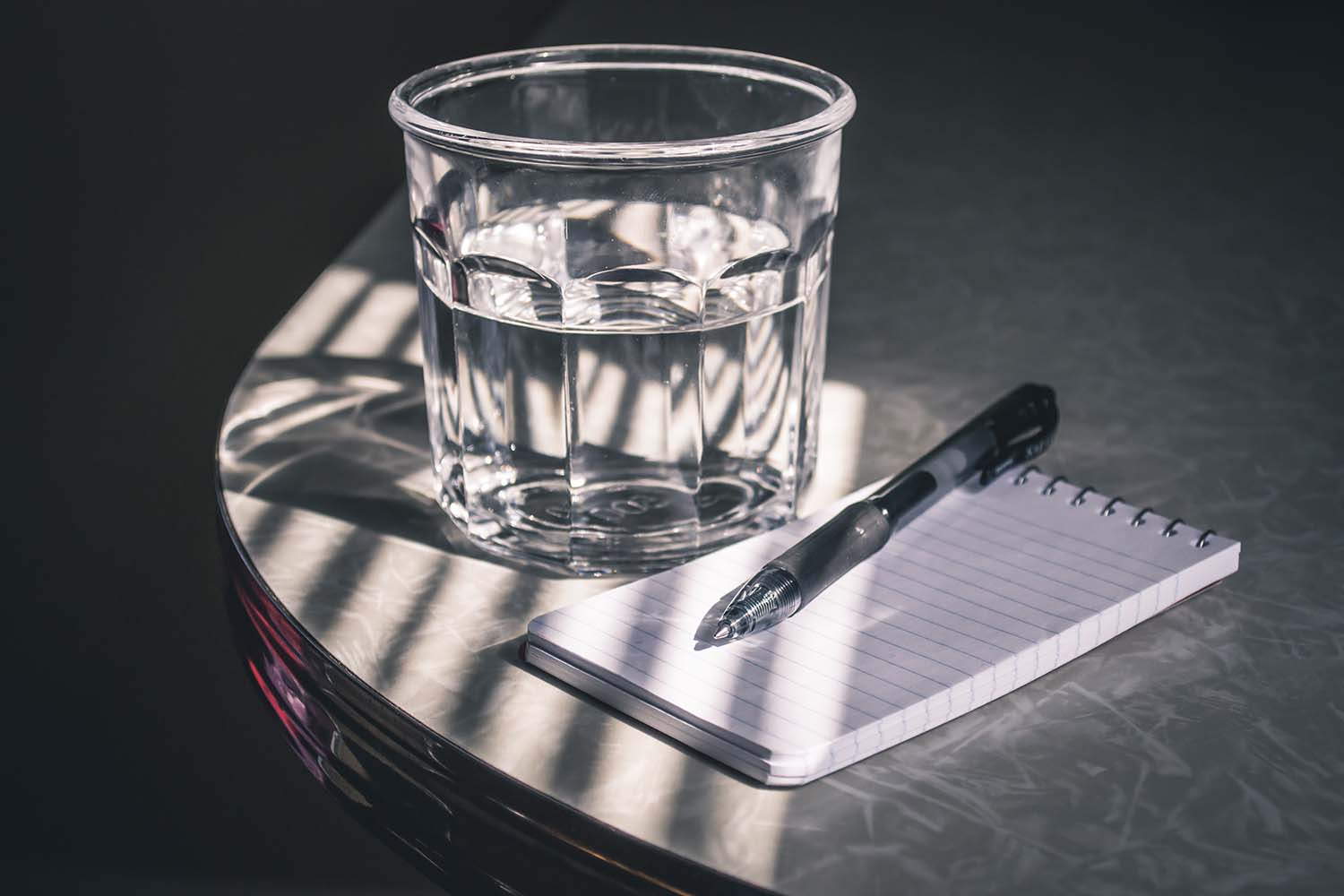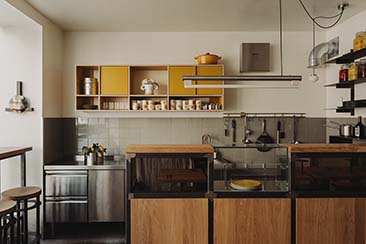Drinking water is vital for human health. But there are sometimes contaminants in the water source that we cannot control. The search for a stable, sustainable, and economical source of water for daily uses never seems to end. Some people choose to boil their tap water. Others drink only bottled water. In recent years, more and more people have started to use water filtration systems instead of bottled water. For various reasons.
Firstly, and most obvious of all, water filtration systems are significantly cheaper to operate than buying bottled drinking water. Moreover, filters help to protect our environment by reducing the plastic bottles used. Especially when you have a large family.
Regardless of how convenient and beneficial home water filtration systems are, a lot of people find choosing one a daunting task due to the significant variety of options available. Let’s have a look at some of the most popular types of filtration systems to get clean water at home in order to make your purchasing decision easier.

Photo, Park Street.
Whole House Water Filter
The main problem with boiled water is that it can only get rid of living pollutants in the water source, not the substances that are sometimes even more dangerous. But, a whole house water filter system will do exactly that. There are various options available and you can see this guide to learn about some of them. One type of filtration is made of aluminium oxide. The same substance as sapphires, but without the colouring impurities, which can remove some harmful pollutants such as fluoride, arsenic, selenium.
A whole house water filter is an option that is well-known for effectively reducing 99% of fluoride concentrations. Also for being cost-effective. On rare occasions, there may be a risk of leaching aluminium to the water, depending on the condition of the treated water so test your water frequently to check for aluminium buildup.
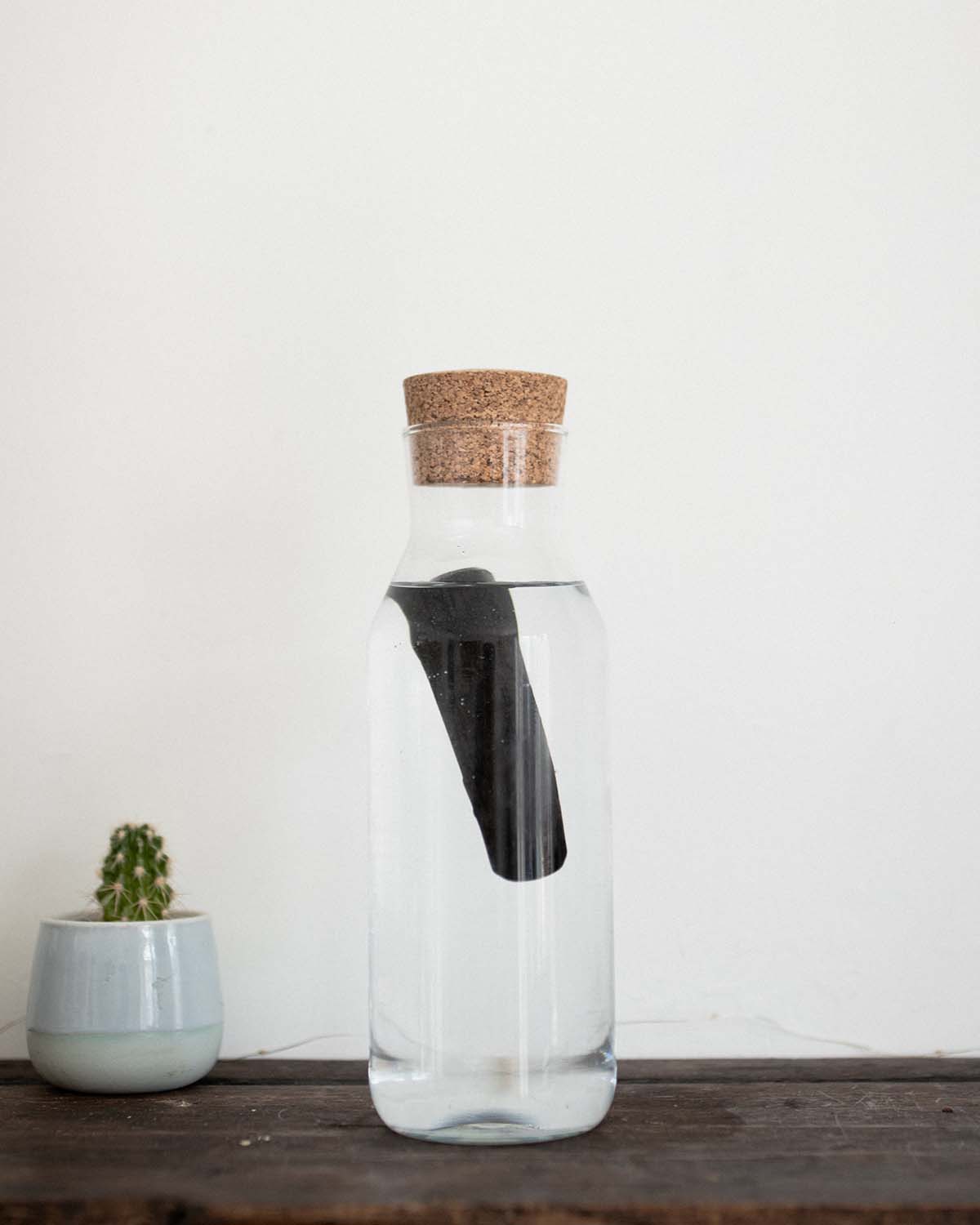
Photo, Callum Shaw.
Activated Carbon Water Filter
Activated carbon or charcoal is no longer a new term. You can use it in many products, from filters to face washes. It is a type of carbon that has been processed to maximise the number of pores, which trap the pollutant molecules inside when treating a liquid.
Using that mechanism, this type of filtration system works best in removing organic compounds or extracting chlorine from the treated water. This type of filter is inexpensive and doesn’t need electricity to work. The biggest drawback is that it cannot remove minerals, salts, and inorganic compounds.
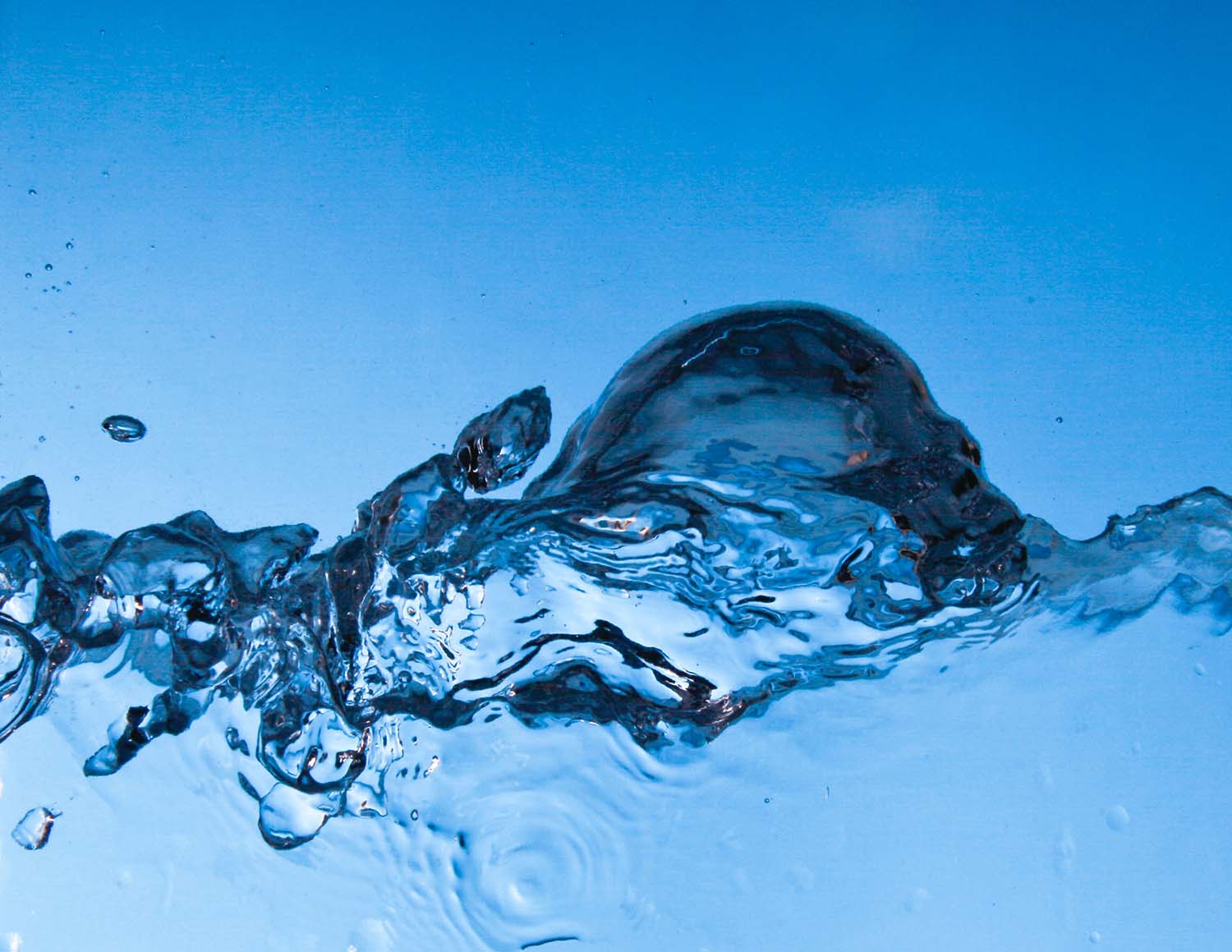
Photo, Daniele Levis Pelusi.
Ceramic Water Filter
The ceramics in these filters have a lot of small pores that keep outside anything larger than the filter as water runs through. A lot of companies treat ceramic filters with silver to help kill bacteria and prevent mould or algae. Ceramic filters are cheap and last for a long time.
They are also very easy to set up and don’t use any electricity. However, because of how simple they are, ceramic filters cannot remove viruses. They also take a while for the water to pass through.
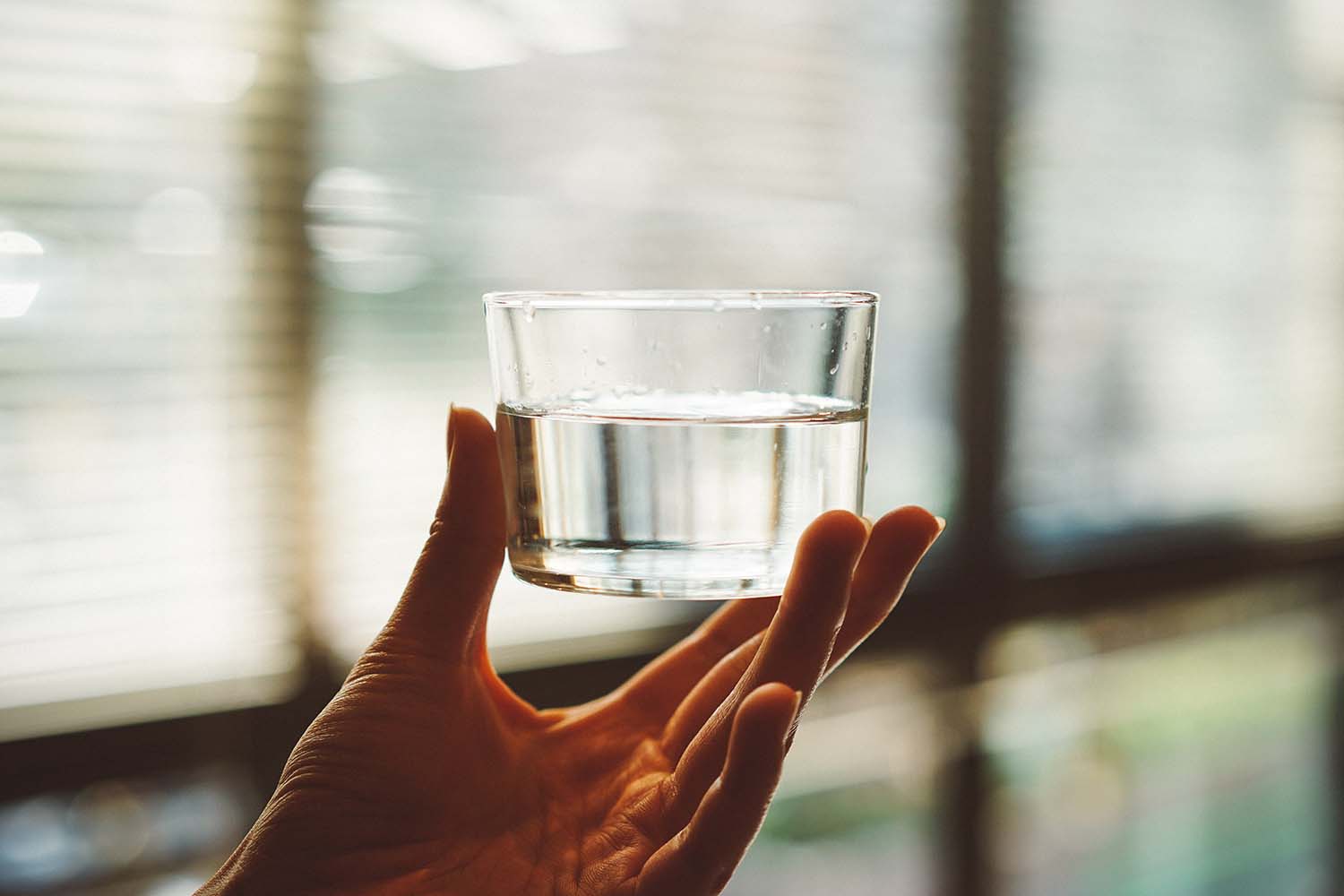
Photo, Manki Kim.
Reverse Osmosis Water Filter
Just like ceramic and activated carbon filters, reverse osmosis filters work by forcing water to run through a membrane with small pores and flush away the contaminants.
Coming into a whole bulky system with pre-filters, post-filters, and reverse osmosis membranes, reverse osmosis filters are highly effective in removing pollutants, parasites, and viruses. But they are also a big investment. They can be quite wasteful, as only a third to a quarter of treated water is filtered and kept, whilst the rest is wasted. You also need a high water pressure source for this type of filtration system.
Ultraviolet Water Purifier
Ultraviolet water purifiers come with a glass element that kills all living microorganisms, such as parasites, bacteria, and viruses as the water passes through the element. However, this system is quite expensive and needs electricity to operate. Ultraviolet filtrations are also unable to remove non-living contaminants.
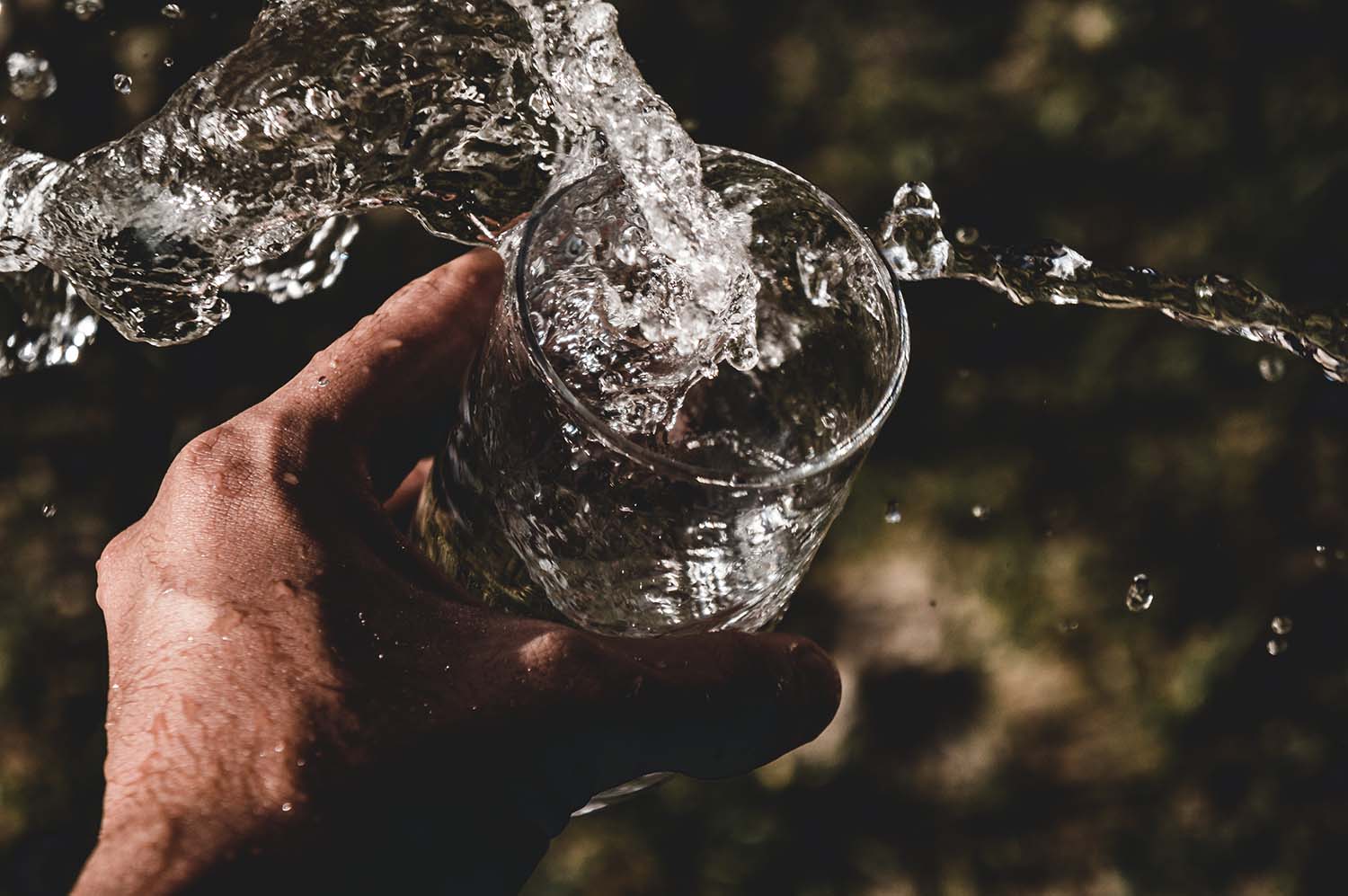
Photo, Anderson Rian.
Water Distillation
Water distillation is one of the most beneficial processes of all as it filters water through a complicated process. First of all, the water is first boiled into steam, then cooled down to liquid in a clear container. Home water distillations are often applied to countertop distillers.
This type of water treatment can kill or remove all the contaminants as it doesn’t need replacement. Moreover, it also improves the smell and taste of treated water. However, water distillation takes many hours to treat even a small amount of pure water.
There are always contaminants in your water source somewhere on the way to your home, but you can do your part to remove the contaminants in the water by installing a water filtration system. Why waste your money on bottled water while you can have clean and safe drinking water from your tap at home?
